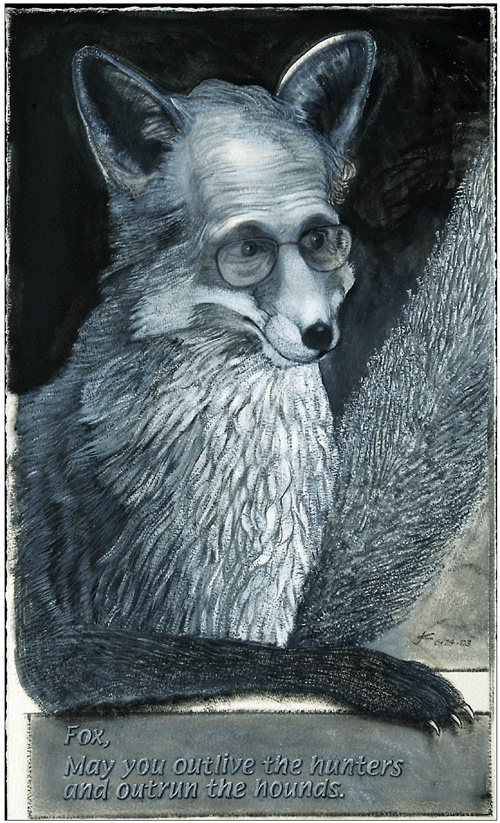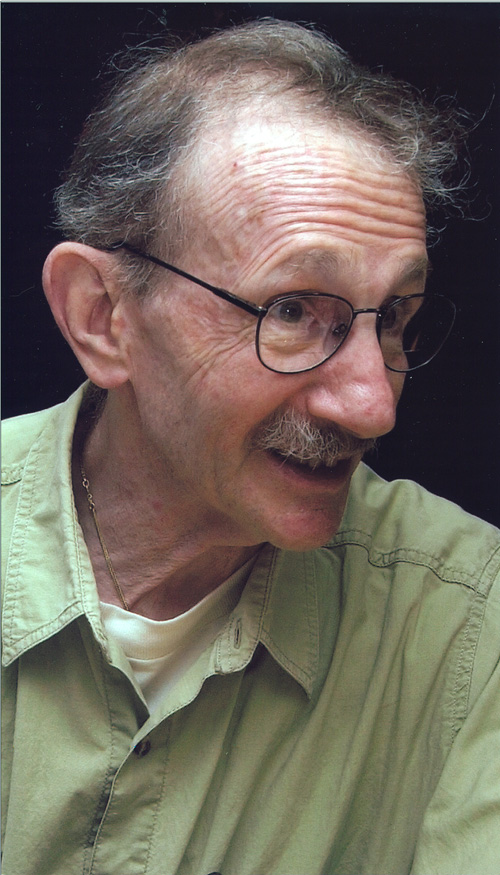For Philip Levine, Poet and Friend
(1928–2015)
For Philip Levine, Poet and Friend
(1928–2015)

Colleagues, critics, and obituary writers have described Philip Levine as “poet of the American working class,” “a large, ironic Whitman of the industrial heartland,” the poet who explored “his gritty Detroit childhood; the soul-numbing factory jobs he held as a youth; Spain, where he lived for some time as an adult; and the Spanish anarchists of the 1930s, a personal passion since he was a boy.” He was both one of American poetry’s “most intense, elegantly strident voices” and “a thoroughbred moral comedian.” In 1968 he was also “among the writers who vowed not to pay taxes until the Vietnam War ended.”
When Phil died, flags flew at half-mast at Fresno State, the university where he taught hundreds of students over more than thirty years—many of them with backgrounds like his own, children of immigrants and the first in their families to attend college. The tribute from Fresno State might have pleased him more than any other.
Phil published twenty volumes of poetry, received every major literary award to be won, and was named poet laureate of the United States for 2011–12. He had a large circle of friends who loved him dearly, including me and my husband Jon Friedman. And to love Phil was, and is, to love Franny Levine, his wife. They were constant companions, and their rapport looked as fresh and joyful after more than sixty years as it must have looked when they met at the University of Iowa in the early 1950s and fell in love.
Jon and I met Phil and Franny in the spring of 2000 at Villa dei Pini, a mansion overlooking the Mediterranean, home to a residency program in the arts and humanities where Phil and I were fellows. Dumb luck determines whom you live with at these places—a fact that can make the daily sit-down dinners either the best or worst of times. A few months after our stay, Phil wrote me from Fresno to say that he and Franny had experienced both extremes at the villa: “during our first two weeks, there was no chemistry, just some sort of waste management. And then all of you [the new fellows] arrived & the place became something very special.”
So began a fifteen-year friendship, which, like many good friendships, arranged itself around food (both Franny and Jon are fine chefs), drink (Phil was the expert), and talk. Phil was a master raconteur, but he didn’t suffocate conversations; he unleashed them. When he began a story, I liked to watch Franny’s face: for a nanosecond, a questioning look, then a smile of recognition as if to say, “Yes, that’s the right one.”
Phil’s talk—at the table, on the phone, between poems at a reading—was gleefully opinionated and entertaining. In letters and emails, his voice sounded identical. Here he is on the books and essays he happened to be reading:
The book not to read is the recent Bellow, Ravelstein; it’s awful. Hard to believe his editors didn’t say, Saul, you’re famous & distinguished. You don’t have to publish this dreck. . . . The recent Roth, The Human Stain, if it were fifty pages shorter, would be sensational. It’s still a hell of a read, & only one character seems fake.
I reread a lot of Orwell this past November, & I found a lot of it tedious. . . . Orwell was so wrong about so much, & in spite of the fact his predictions were usually hopeless he went on making new ones. I think he’s an amazing writer when he sticks to what he knows through his own experience: Down and Out, The Road to Wigan Pier, Homage to Catalonia, & at least twenty brilliant essays.
Back to the prose of dear A—. It was awful, & I wasn’t in the least surprised because the New Yorker has been running a series of stories by new authors, & I read the first five or six, & all of them were weak. And many tried—as A— did—to be “sexy” & managed merely to sound strained & dull. I don’t care if she goes to bed with a German shepherd.
You did give me a copy of A Margin of Hope by your old mentor Irving Howe. . . . I saw a reference to Berryman & jumped into his time in Princeton. I found the description of J.B. both brilliant & very fair—generous is a better word. He’s wonderful on the writing of R. P. Blackmur. I truly did not know how good a writer Howe was.
On politics, especially on class injustice and American foreign policy, his indignation could be withering although—as he often said—he had been much angrier as a younger man.
[About the 9-11 terrorist attacks] I’ve heard a score of people say we had it coming, & not one meant the actual victims. Surely you know that by “we” is meant this nation & especially this government. People, mostly people of good will, feel the manner in which the nation has behaved brought about the debacle. That is what they feel, & I want to inquire who is to define that—what people actually feel—as morally unacceptable? I didn’t know the left had a Pope.
Phil and Franny traveled often, especially to Europe where Phil had a steady stream of reading and speaking engagements. Their last trip was in early fall 2014.
We’re here in Brooklyn, just back from 11 days in Sicily, in a dinky mountain-top town called Erice. We walked uphill & downhill like characters in Mother Goose. We were not fast. Yes, we showing [sic] our age. And more. . . . Things are a bit depressing, my colleagues in poetry are vanishing, either losing their minds or their lives or losing both. Slowly we carry on. . . .
Hope this finds you both thriving. When does Jon paint Obama? If he gets that gig I have one small request. Paint him dinky.
Stay out of the wind—it has bad intentions. Eat lots of fat. It turns into fire. Be cozy. Love, Phil.
One evening at the Mediterranean villa, Phil read for our small group and included “The Fox.” It’s a fierce poem that merges poet and animal so indelibly that a portrait of Phil as a fox seemed natural. Jon painted it as a gift for Phil on his seventy-fifth birthday, and Phil hung it in his Fresno study. Here are the opening lines of “The Fox,” along with the portrait, the photo Jon used, and Michael Walzer’s comment on the poem.
—Joanne Barkan
I must have lived
once before, not as a man or woman
but as a small, quick fox pursued
through fields of grass and grain
by ladies and gentlemen on horseback.
This would explain my nose
and the small tufts of hair
that rise from my spine.
It explains why I am
so seldom invited out to dinner
and when I am I am never
invited back. . . .
“The Fox” from New Selected Poems by Philip Levine, copyright © 1984, 1991 by Philip Levine. Used by permission of Alfred A. Knopf, an imprint of the Knopf Doubleday Publishing Group, a division of Penguin Random House LLC. All rights reserved. No part of this material may be reproduced or reprinted without permission in writing from the publisher.
|

Jon R. Friedman / Phil/Fox (the poet |

Jon R. Friedman |
Reading "The Fox"
Here is a reading of “The Fox,” perhaps a little crude, a socialist realist reading, which the poet might correct, if he could.
Phillip Levine is a poet of cities and factories, of hard work and tired workers. Fox hunting is a country sport, play for the gentry, a strange subject for him. But this isn’t a pastoral poem—it doesn’t “portray country life . . . in a romanticized or idealized form.” Maybe Levine idealizes the fox, but definitely not “the mounted ladies and their gentlemen.”
This is a poem about joyous anger and the class struggle. The fox is chased but beautiful, with his “quick forepaws choosing the way” and “the wordless delicate song” of his heart. He won’t be caught. But it’s not the fox who is angry but rather the poet, who watches the fox in his mind, imagining himself chased and furious. This is the way the world is: there are people on horseback and there are the foxes they hunt. We (the poet and all of us who are his friends) are on the side of the foxes, obviously, ready to fight with the ladies and gentlemen, who won’t dismount.
No doubt Levine is “never invited back” to the dinner parties of the ladies and gentlemen; he curses them before the soup is served. His anger in Central Park and at the dinner parties is “sudden and total,” but it is also “lyrical and complete.” What is at stake is the dignity of “small creatures” menaced by “the many and larger.” But one small creature, the poet Levine, escaped to write this poem, to sustain all the foxes.
—Michael Walzer
Update 8/30/15: As per Dissent’s agreement with Knopf, the full text of the poem has been removed.






